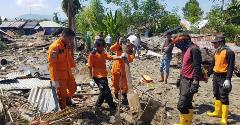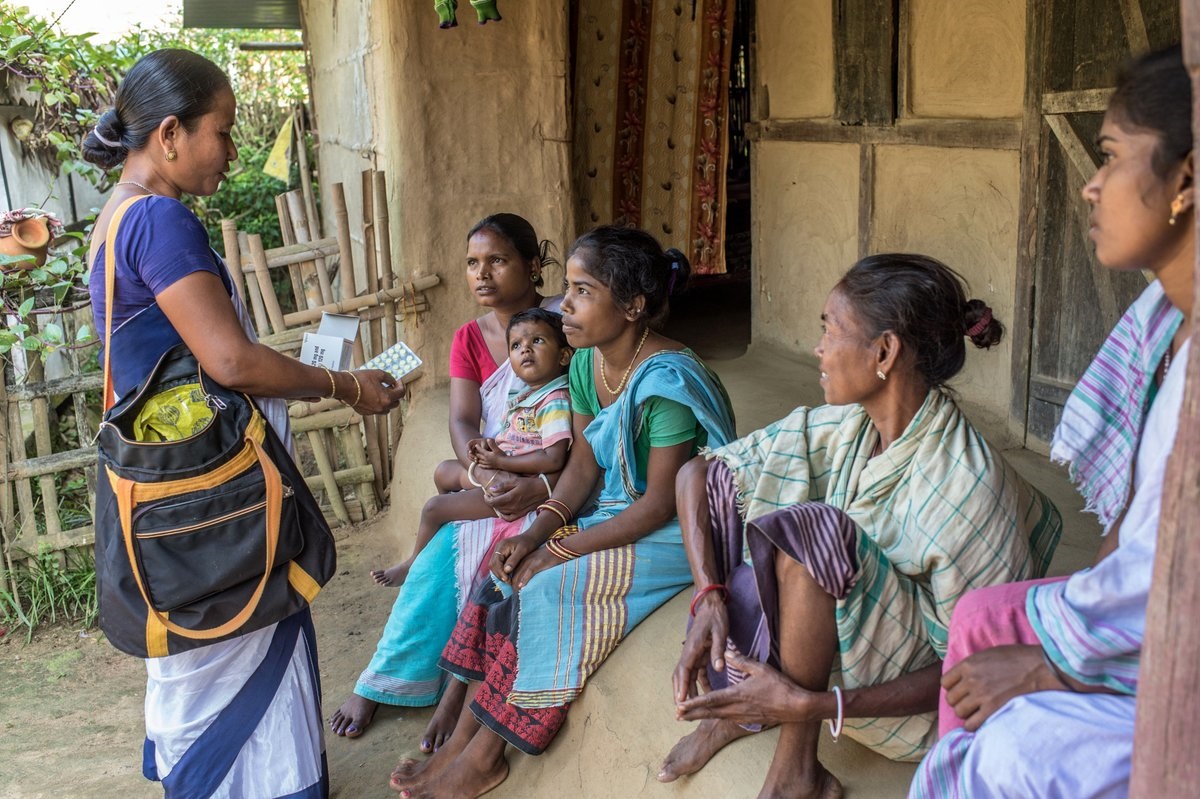Despite high vaccination and high seroprevalence rates in many countries, outbreaks of COVID-19 continue to occur in many WHO regions resulting in significant morbidity and mortality. Sri Lanka too experienced a rapid rise in number of cases and deaths, with the community spread of the Delta variant of the SARS-CoV -2 virus. However, deaths were predominantly seen among adults, with children rarely developing severe disease, as observed in other countries.
Sri Lanka experienced two massive COVID-19 outbreaks due to the Alpha and Delta variants of the SARS-CoV -2 virus, resulting in a large number of individuals being infected in the community. It was estimated that surveillance of SARS-CoV-2 with the Real-time polymerase chain reaction (RT-PCR) testing alone may underestimate the true prevalence of the disease by tenfold. Therefore, conducting a seroprevalence study remained an option for Sri Lanka to determine prevalence of SARS CoV-2 specific antibodies due to infection or vaccines in the country.
Seroprevalence studies help understand the true extent of an outbreak and provide valuable insights in to efforts that help project the trend of future outbreaks, and their transmission dynamics. However, in Sri Lanka, a majority of infections was reported in adults, most of whom experienced more severe and symptomatic infections. On the other hand, true infection rates among children in the country were not clearly known. One of the reasons for this could be limited PCR testing in children, largely because they do not show symptoms following infection with SARS-CoV-2 virus. Also, infection rates could be very different across districts, based on the intensity of transmission reported in different geographical regions.
Considering the above, the Allergy Immunology and Cell Biology Unit, Department of Immunology and Molecular Medicine, University of Sri Jayewardenepura and the Ministry of Health supported by WHO Country Office for Sri Lanka planned a study on seroprevalence of SARS-CoV-2 infections and dengue infections in Sri Lankan children.
In order to submit the study protocol to WHO’s Ethical Review Committee, a joint review of study protocols was undertaken by the Unity trial desk of WHO Headquarters, the SEA Regional Office and the WHO country office for Sri Lanka. After revising the study protocol based on WHO recommendations, investigators submitted the finalized protocol to the Regional Review Committee.
The proposed study will help Sri Lanka determine the proportion of children who have been infected with COVID-19 and also with dengue, by studying the presence of antibodies to these viruses in children of different age groups. Additionally, it will determine genetic associations that predispose children to severe disease of dengue. Further, the study will provide information that will help understand how COVID-19 and dengue have spread geographically in the Sri Lankan population.
The seroprevalence in this study will be determined by biological assays, which are both qualitative and quantitative (ELISA, Luminex). The patient data will be collected on clinical features, clinical disease severity and complications.
The findings of this investigation will be used to inform public health response to COVID-19. Specifically, it can provide estimates of otherwise unrecognized SARS-CoV-2 infection in the population, as well as likely susceptibility of the population to further epidemic peaks. The findings may also supplement other supportive evidence used to inform decision-making about vaccine prioritization for target groups, based on demonstrated susceptibility by age groups.







